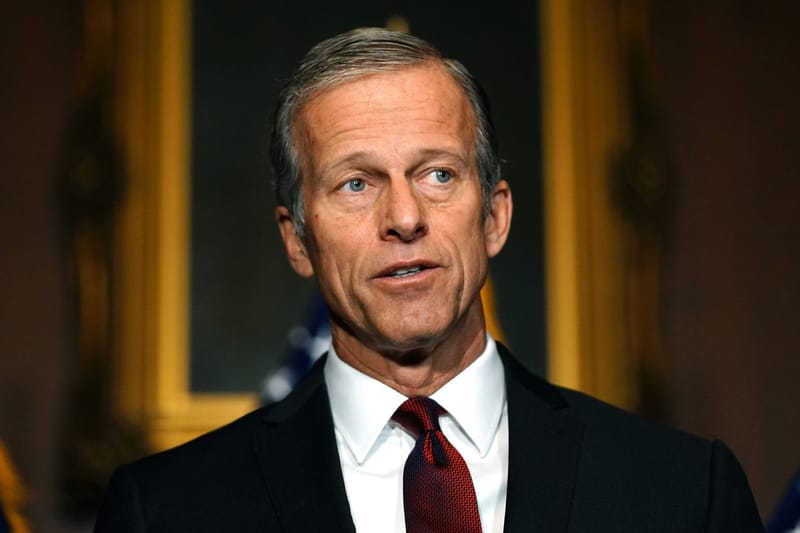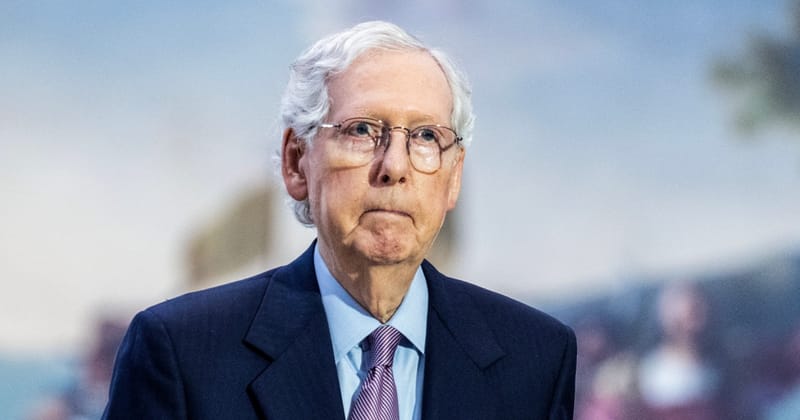Omnibus Bill Faces Stiff Resistance in Senate, Shutdown Looms
Senators Push Back Against Last-Minute Funding Deal Washington, D.C. - December 18, 2024 As the deadline to fund the federal government approaches, the Senate is embroiled in a battle over the latest omnibus spending bill, with significant resistance threatening to push the nation towards a government shutdown. This massive
Senators Push Back Against Last-Minute Funding Deal
Washington, D.C. - December 18, 2024
As the deadline to fund the federal government approaches, the Senate is embroiled in a battle over the latest omnibus spending bill, with significant resistance threatening to push the nation towards a government shutdown. This massive piece of legislation, aimed at funding government operations through the end of the fiscal year, has encountered vocal opposition, particularly from conservative senators who argue it represents unchecked federal spending.
Senator Rick Scott (R-Fla.) has been at the forefront of the opposition, championing a clean, full-year Continuing Resolution (CR) over what he describes as a "rushed and reckless" omnibus bill. In a recent op-ed, Scott highlighted the Senate's focus on foreign aid bills over domestic funding, expressing frustration over the lack of time for proper scrutiny and amendment of the 4,000+ page document, which was released just days before the deadline.
Ever seen a bigger piece of pork? pic.twitter.com/ZesFCNSNKp
— Elon Musk (@elonmusk) December 18, 2024
The resistance isn't just talk; Senator Rand Paul (R-Ky.) has reportedly taken procedural steps to delay the vote on the bill, potentially forcing the government into a shutdown scenario if no agreement is reached by the funding deadline. This move has sparked a flurry of reactions on social media, where many users are urging senators to vote against the bill, citing concerns over fiscal responsibility and the transparency of the legislative process.
The bill, which includes funding for both defense and non-defense sectors, has been criticized for its size and the speed at which it was put together. Critics argue that it bypasses the traditional legislative process, which should allow for individual appropriations bills to be debated and voted on separately. This approach, they contend, leads to less accountability and more hidden provisions or 'pork'.
On the other side, supporters of the omnibus argue that it's a necessary compromise to keep the government running, pointing out that it includes important funding for national security and critical domestic programs. Senate Majority Leader Chuck Schumer (D-N.Y.) has been working to garner enough votes, emphasizing the consequences of a government shutdown, especially with the holiday season approaching.
Congress is trying to pass a massive Omnibus bill full of Democrat bailouts
— DC_Draino (@DC_Draino) December 17, 2024
Republicans need to fight for a simple bill that only keeps the DC lights on
No bailouts and no 600+ page, $50 billion monstrosity driven by Chuck Schumer and the Dem Senate
Just fund the government…
Adding to the complexity, there's a palpable tension within the Republican ranks, with some members feeling that voting for the omnibus might invite primary challenges in the next election cycle. This internal conflict is mirrored on platforms like X, where there's a trending call for senators to stand against what's seen as excessive spending.
The situation remains fluid, with negotiations ongoing, but the clock is ticking. If no deal is struck, the implications could be widespread, affecting everything from federal employee paychecks to public services. As Washington braces for what could be a turbulent end to the year, all eyes are on the Senate to see if they can bridge their differences or if the nation will face yet another government shutdown.



